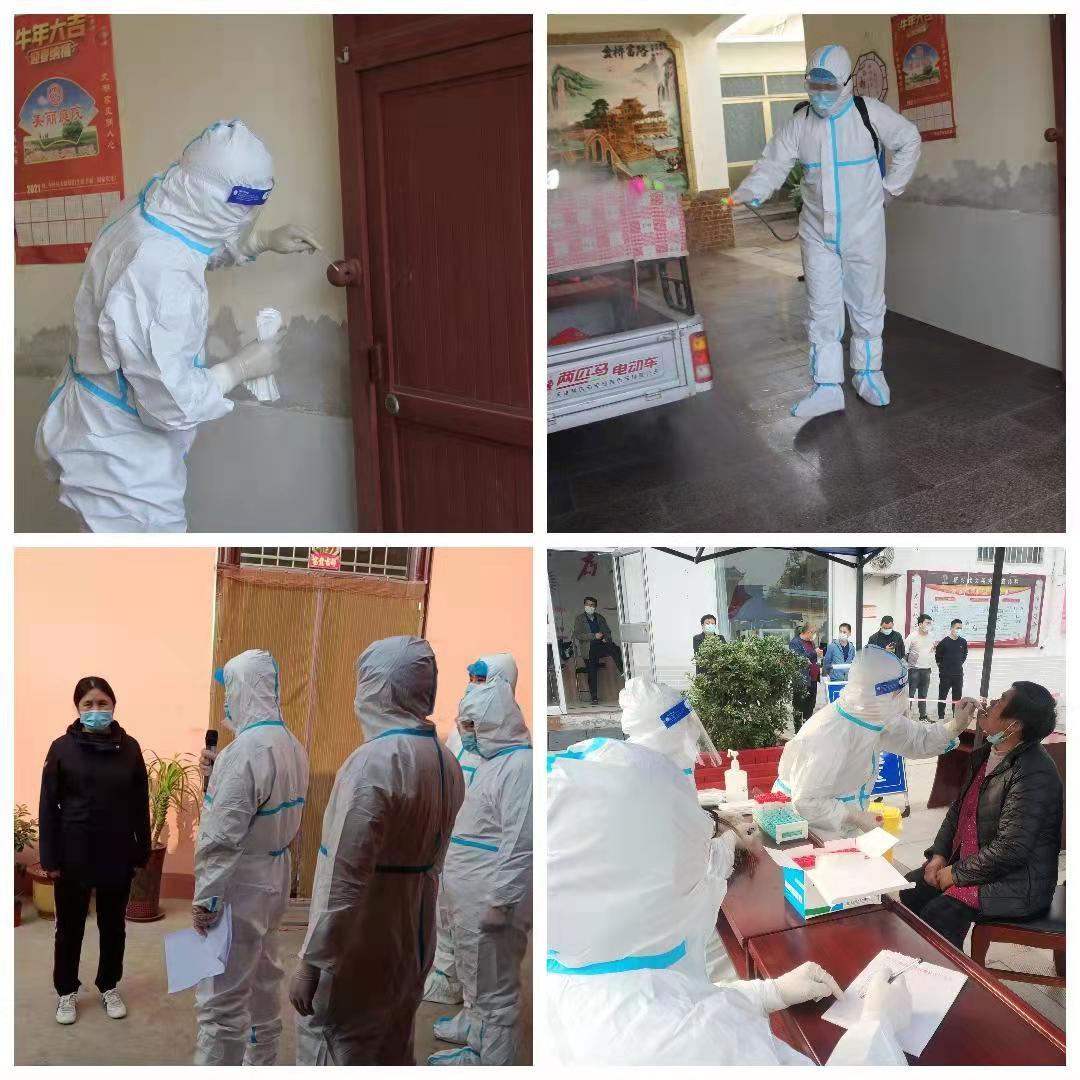[Global COVID-19 Update: A Comprehensive English Bulletin]
Good evening, and welcome to our latest edition of the Global COVID-19 Update, your trusted source for the latest developments in the ongoing pandemic. As we navigate through these unprecedented times, it is crucial that we remain informed and united in our efforts to combat this global health crisis. In this edition, we will delve into the latest statistics, vaccination progress, emerging variants, and the latest research on the virus's impact on various aspects of society.
1. Global Case Count and Trends
According to the World Health Organization (WHO), as of this recording, the global tally of confirmed COVID-19 cases has surpassed 300 million, with a death toll exceeding 5.4 million. The United States continues to lead the world in both cases and deaths, followed by India and Brazil. However, it's worth noting that countries like China, where the initial outbreak was contained effectively, are now reporting a steady decline in new cases, thanks to their robust vaccination programs and strict public health measures.
2. Vaccination Efforts
The race against time continues as vaccination efforts worldwide accelerate. The WHO reports that over 7 billion vaccine doses have been administered globally, with more than 50% of the global population having received at least one dose. The United States, the European Union, and the UK remain at the forefront of vaccination rates, while Africa continues to lag behind due to limited access to vaccines and logistical challenges.
The rollout has been marked by both success stories and challenges. In Israel, where a high vaccination rate has led to a significant decrease in daily infections, there are concerns about the emergence of new variants in partially vaccinated populations. Meanwhile, in Europe, countries like France and Germany are facing delays in deliveries due to supply chain issues and logistical bottlenecks.
3. Emerging Variants
The discovery of new COVID-19 variants continues to pose a significant threat to global health security. The B.1.1.529 (Omicron) variant, first detected in South Africa in November 2021, has garnered global attention for its high number of mutations and potential for increased transmissibility and resistance to vaccines or treatments. Several countries have implemented travel restrictions and strengthened border controls in response to Omicron's spread.
Scientists are racing to understand the full implications of Omicron, including its severity, how it responds to existing vaccines, and whether it can evade current diagnostic tests. Preliminary studies suggest that while existing vaccines may offer reduced efficacy against Omicron compared to previous variants, they still provide a degree of protection against severe disease. This underscores the importance of boosters and continued vaccination efforts.
4. Economic Impact
The pandemic's economic fallout continues to be felt worldwide. The International Monetary Fund (IMF) has revised its global growth forecast downward for 2022, citing ongoing supply chain disruptions, labor shortages, and uncertainty surrounding the pandemic's evolution. Many countries have implemented fiscal stimulus measures and monetary policy interventions to cushion the impact on their economies, but the recovery remains uneven and fragile.
Small businesses continue to struggle with ongoing restrictions and reduced consumer spending. The World Bank estimates that over 50 million small businesses have closed permanently since the start of the pandemic, with many more facing uncertain futures. Digitalization and e-commerce have emerged as bright spots in some sectors, offering new opportunities for resilience and growth.
5. Social Impact and Mental Health
The pandemic has had a profound impact on mental health worldwide. Studies show a significant increase in anxiety, depression, and other mental health issues among individuals of all ages. The isolation caused by lockdowns, job insecurity, and the constant threat of infection have taken a toll on people's well-being. Mental health services have been stretched thin, with many countries reporting a surge in demand for counseling and support services.
Efforts are underway to address this crisis through public awareness campaigns, online resources, and increased funding for mental health programs. The importance of maintaining social connections through technology has also been emphasized, as research suggests that virtual support groups can be effective in mitigating some of the negative effects of social distancing.
6. Research Advancements
Research into COVID-19 treatments and vaccines continues at a rapid pace. Scientists are working on new therapies that target specific aspects of the virus's life cycle, with some showing promising results in clinical trials. Monoclonal antibody treatments have proven effective in reducing hospitalizations among high-risk patients, while antiviral drugs like remdesivir have shown potential in shortening recovery times for mild to moderate cases.
In terms of prevention, researchers are exploring the potential of universal coronavirus vaccines that could offer broader protection against not just SARS-CoV-2 but also future coronaviruses. While these efforts are still in their early stages, they hold the promise of a more durable solution to this ongoing pandemic.
Conclusion
As we conclude this edition of the Global COVID-19 Update, it is clear that we are still in the midst of a complex and evolving crisis that requires ongoing vigilance and collective action from all corners of society. The progress made in vaccination efforts is heartening, but we must not let our guard down against new variants or the socioeconomic fallout of the pandemic. By staying informed, adhering to public health guidelines, and supporting one another through these challenging times, we can continue to move towards a more resilient future.
转载请注明来自爬爬百科,本文标题:《全球疫情最新动态,新冠疫情英文播报》












 京ICP备11000001号
京ICP备11000001号
发表评论